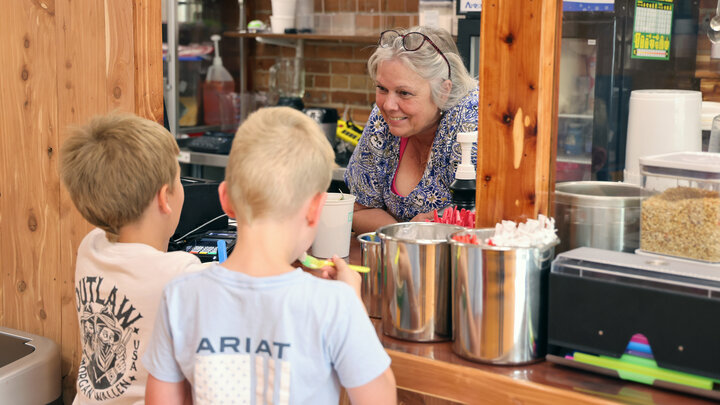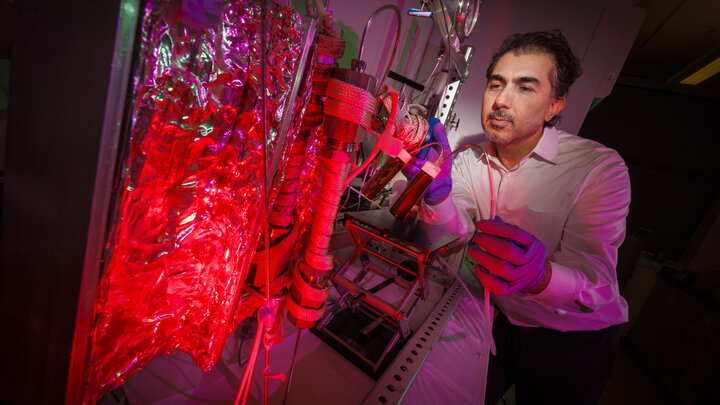Feature stories/news
2026 Stanton County Fair - July 29 - August 2
Private Pesticide Training
Private Applicator: A licensed applicator who uses any restricted-use pesticide (RUP) for the purpose of producing any agricultural commodity on property owned or rented by him/her or his/her employer. Also includes any person applying restricted-use pesticides on the property of another person without compensation (other than the trading of personal services between producers of agricultural commodities).
Stanton County Training Date
January 29, 2026: 1 pm - Stanton County Fairgrounds Community Building
6 pm - Stanton County Fairgrounds Community Building
Nebraska Custom Rates
Nebraska Custom Rates Surveys and Reports for farm and ranch operations provide custom operators and those who pay for their work with average market rate data for dozens of services performed across the state. The traditional Nebraska farm custom rates report is typically published in even-numbered years. A new survey related to custom livestock work began in 2023 and will be published in odd-numbered years.
Nebraska Farm Real Estate Report
The Nebraska Farm Real Estate Market Survey is an annual survey of land professionals, including appraisers, farm and ranch managers and agricultural bankers. It is conducted by the Center for Agricultural Profitability, which is based in the Department of Agricultural Economics at the University of Nebraska-Lincoln. Results from the survey are divided by land class and agricultural statistic district. Land values and rental rates presented in the report are averages of survey participants’ responses by district. Actual land values and rental rates may vary depending upon the quality of the parcel and local market for an area.



